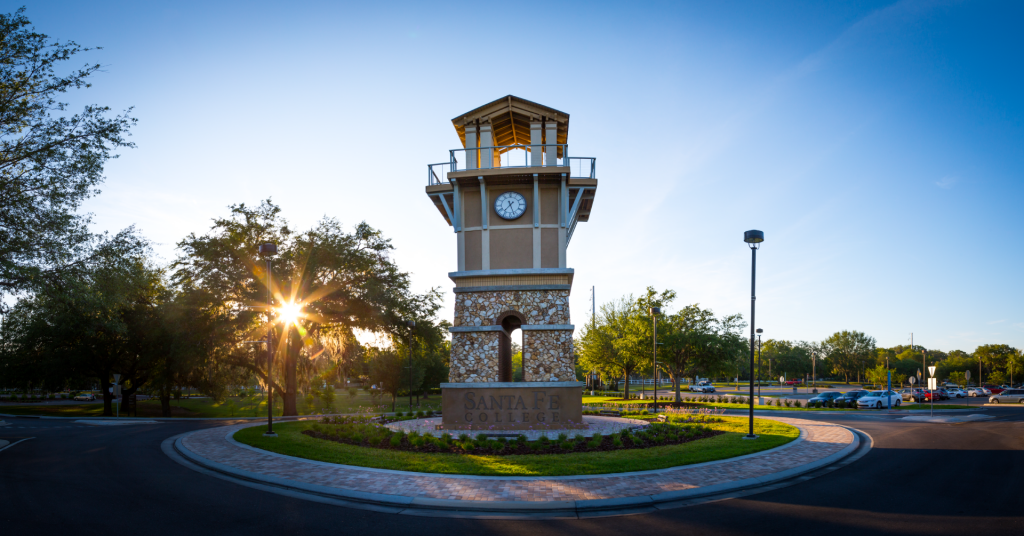Bebe Moore Campbell National Minority Mental Health Awareness Month
July 19, 2021
Destigmatizing Mental Health in BlPOC Communities
"We need a national campaign to destigmatize mental illness, especially one targeted
toward African Americans … it is not shameful to have a mental illness. Get treatment.
Recovery is possible." –Bebe Moore Campbell, 2005
To say the last year has been difficult would be an understatement. We continue to
experience the physical, emotional, and mental effects of a global pandemic, economic
hardships, and grief. Along, with these life-changing events, members of our community
are experiencing heightened racial and cultural injustices.
In May of 2008, the US House of Representatives designated July as Bebe Moore Campbell
National Minority Mental Health Awareness Month to "bring awareness to unique struggles
that underrepresented groups face in regard to mental illness in the U.S." (Mental
Health America). Bebe Moore Campbell was an American author, journalist, teacher,
and mental health advocate for the Black community and other underrepresented communities.
Over time, the inferior and marginalized connotation associated with the term "minority"
has prompted many in the field to refer to July as BIPOC (Black, Indigenous People,
and People of Color) Mental Health Month.
According to the American Psychiatric Association, the prevalence of mental illness
may not be substantially higher than in white populations, however, the rates of underdiagnosis
and misdiagnosis, negative long-term effects, and ineffective treatment are disproportionately
higher. These numbers do not take into consideration those who may not have reported
having a mental illness due to social stigma and fear, and lack of access to resources;
real barriers affecting mental health care for BlPOC communities.
This year's theme, Strength In Communities, highlights supplemental mental health
support created to assist BlPOC. Community care, self-directed care, and culturally
based practices all provide the opportunity for peer support and aid, authority over
assistance received, and care embedded with culturally relevant methods. These components
greatly increase the effectiveness of professional mental health assistance.
Counselors, therapists, and other mental health professionals are critical in the
promotion of mental health and well-being of people in BIPOC communities.
Tips for Santa Fe BlPOC Students Seeking Mental Health Assistance
- Know that counseling resources are available at various price ranges. The Santa Fe Counseling Center provides counseling and other resources free of charge to students. If you know someone who is not a student and needs counseling services, resources such as National Alliance for Mental Health (NAMI) offer directory assistance
- National Alliance for Mental Health (NAMI) also does a great job of providing online community activities, information on coping with grief, traumatic stress, and anxiety related to the pandemic and global climate crisis, and more
- Create and strengthen your sense of community and support. This can come from your family, friends, classmates, and co-workers. Support is vital to healthy mental health and wellness
The counselors at the Santa Fe College Counseling Center are available for in-person,
Zoom or phone sessions from 8:30am to 4:00pm Monday through Friday. To schedule a
session, call (352) 395-5508 or e-mail counseling@sfcollege.edu.
Naeema Britton, MS, LMHC
Sources:
American Counseling Association
American Psychiatric Association Mental Health America (MHA)
National Alliance for Mental Health

